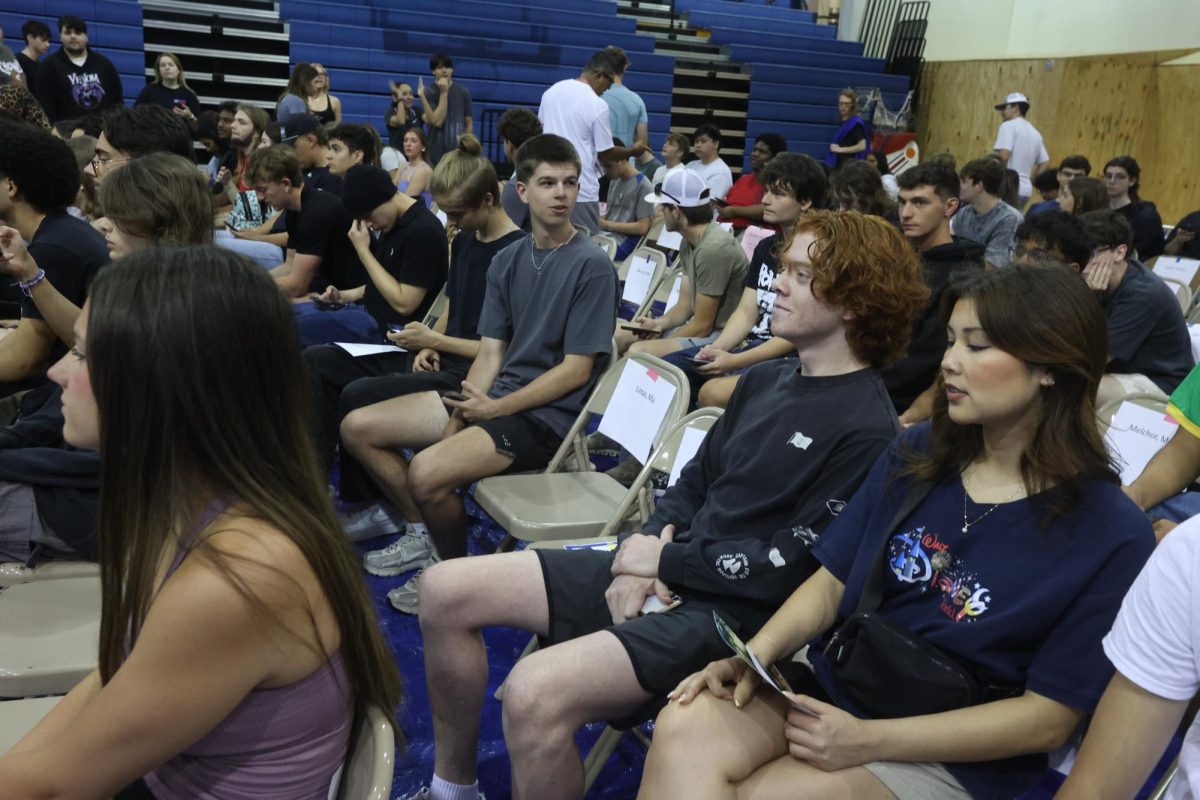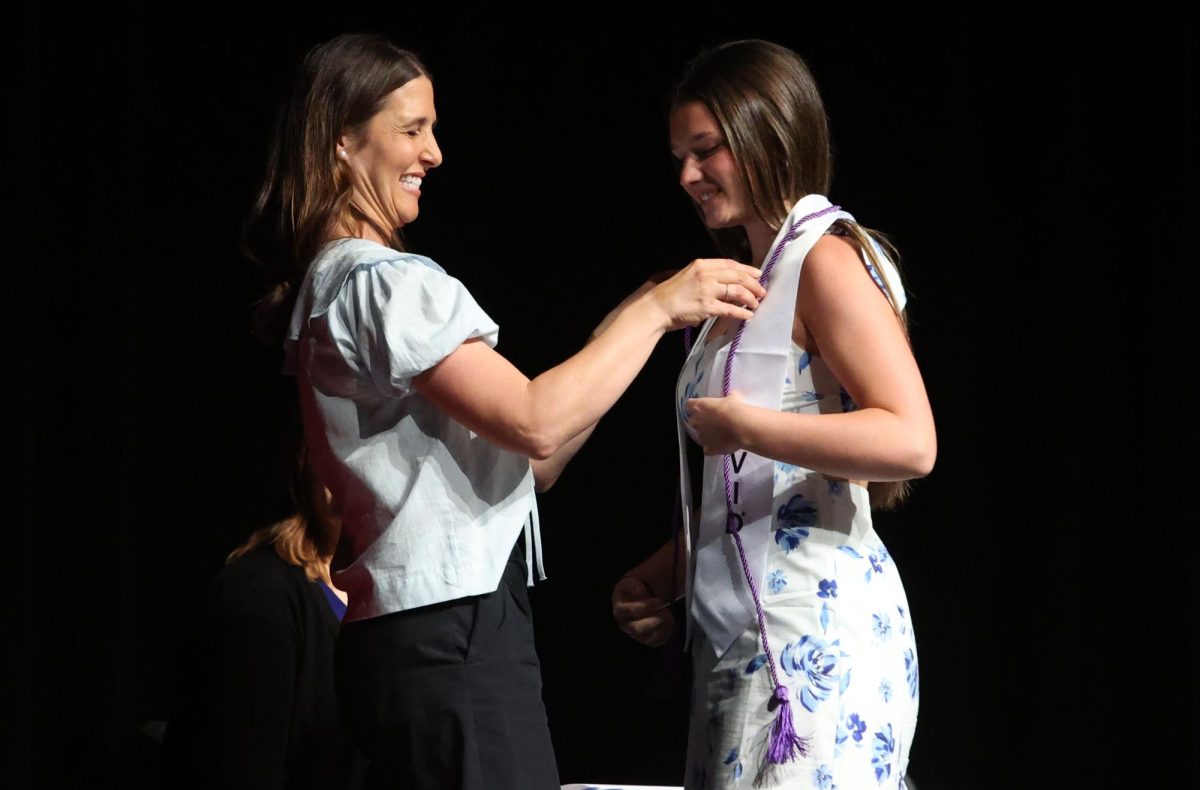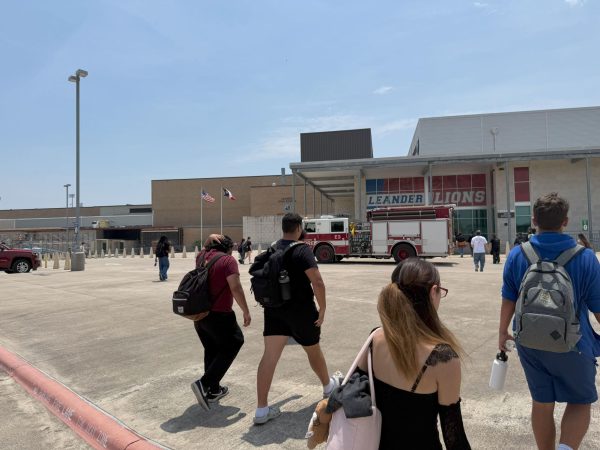Summer traveling
Get the facts straight: Can we travel this summer?
May 19, 2020
There are many uncertainties in all of our lives right now, and with summer right around the corner, many are wondering how COVID-19 will be affecting that.
Can I travel?
The CDC does not recommend nonessential traveling, as it puts the travelers and others who may be in contact with them, in unnecessary risk. Travel increases the chances of both contracting and spreading COVID-19, so please don’t travel if you or someone you are traveling with is sick.
If you are traveling for whatever reason, still prioritize practicing social distancing. Remember to wash your hands, avoid close contact with others, avoid touching your face, especially your eyes, nose, and mouth, wear a mask, try not to dine-in at restaurants – take advantage of carryout and delivery!
As of recently, there has been a 50% drop in flights, so they have not been very crowded with the average daily traffic dropped from 30,000 travelers to 1,000 in the Austin-Bergstrom International Airport alone. Many airlines are now requiring travelers to wear masks. In addition, the air within the planes is filtered as it is circulated and germs don’t spread very easily within the body of the plane, so air travel is not more dangerous than other modes of transportation. Traveling by car seems to be a good bet, however, extra precaution needs to be used when stopped for gas or food. This puts travelers at risk of contracting and spreading COVID-19.
There may be travel restrictions depending on the state, county, or city, and these may not be in place at the start of the trip, so be prepared for unexpected obstacles like these. States such as Alaska, Maine, Hawaii and Rhode Island is requiring all visitors to quarantine for 14 days after arriving. Other states like California and Colorado are also discouraging tourists. For the most part, international travel has been completely cut off, sans flights to Tokyo and London. Many countries’ borders are closed to nonresidents, and even after getting in, many face a two-week quarantine.
To avoid contact as much as possible, it is recommended to prepare food and supplies before the trip. Try to bring food so that fewer stops need to be made and decrease the chances of getting and spreading COVID-19. In addition, bring a sufficient amount of hand sanitizer and other disinfecting products to be used if you are staying in a hotel or Airbnb.
What else can I do this summer?
Even though it may not be safe to travel, there are still plenty of things to do in your own city. Parks and other recreational facilities are beginning to open up to the public again, and these are great ways to get out of the house and stay active this summer. Find a close park that isn’t busy and soak up some sun! As is true anywhere you go remember to social distance and avoid contact with others.
Some recreational facilities may not be open, so look online or call before going to make sure you can go. At parks, avoid playgrounds and communal benches and tables, as they may be contaminated, so make sure you bring hand sanitizer with more than 60% alcohol.
So far there is no evidence that COVID-19 can spread through water in swimming pools, and if the pool is properly maintained, the virus should be killed by the chlorine or bromine in the pool. As long as you are not sick, and you’re still practicing social distancing, swimming is a great summertime activity.








